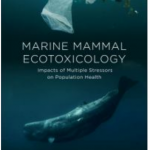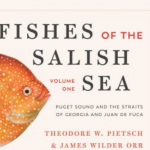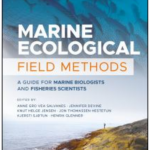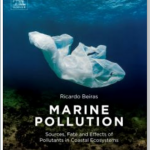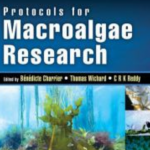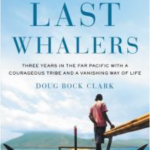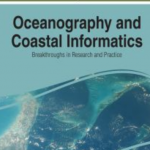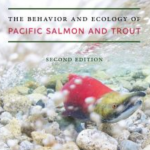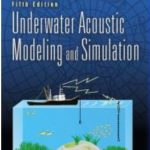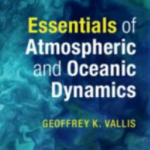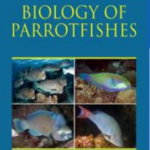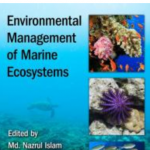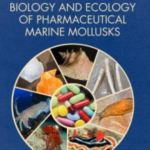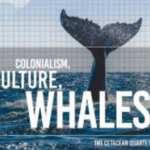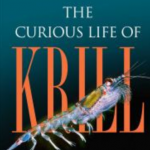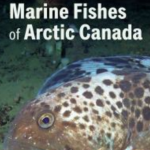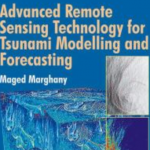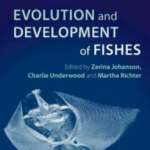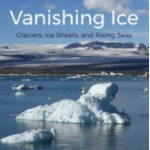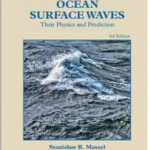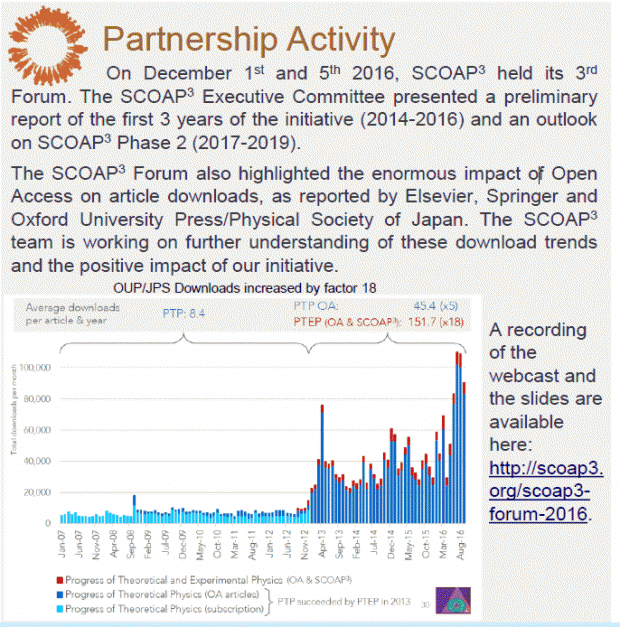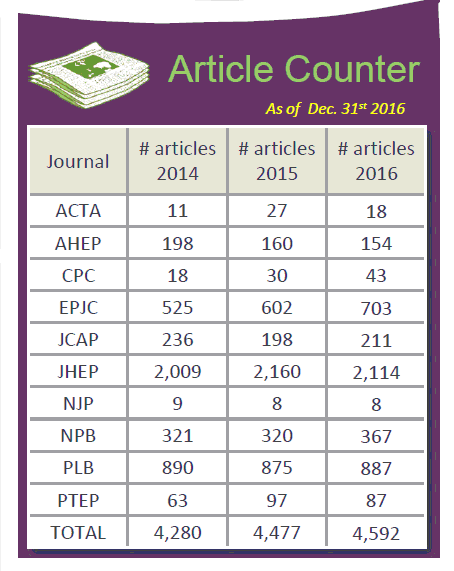News: Very helpful new Indigenous Guide found at https://libguides.uvic.ca/GovInfoIndigenous.
From the home page of this new Libraries Help Guide:
This guide is designed to help get you started with your research for publications and information from Indigenous governments with a geographical focus on lands and waters of the Kwakwakaʼwakw, Nuu-chah-nulth, and Coast Salish peoples.
We acknowledge the colonial past of libraries and Western ways of interacting with knowledge that shape the ways information is shared (and not shared) from and by this type of institution. For many years, government publications of Canada, the provinces, and municipalities were collected, preserved, catalogued, and made available to the public by libraries. Representation of Indigenous governments in these efforts historically has been lacking, non existent, or not prioritized.
A majority of the resources in this guide are by Indigenous nations, communities, alliances, groups, and organizations.
Many thanks to Ry Moran, Jessie Lampreau, Sarah Miller, and Pia Russell for their input on developing this guide.

